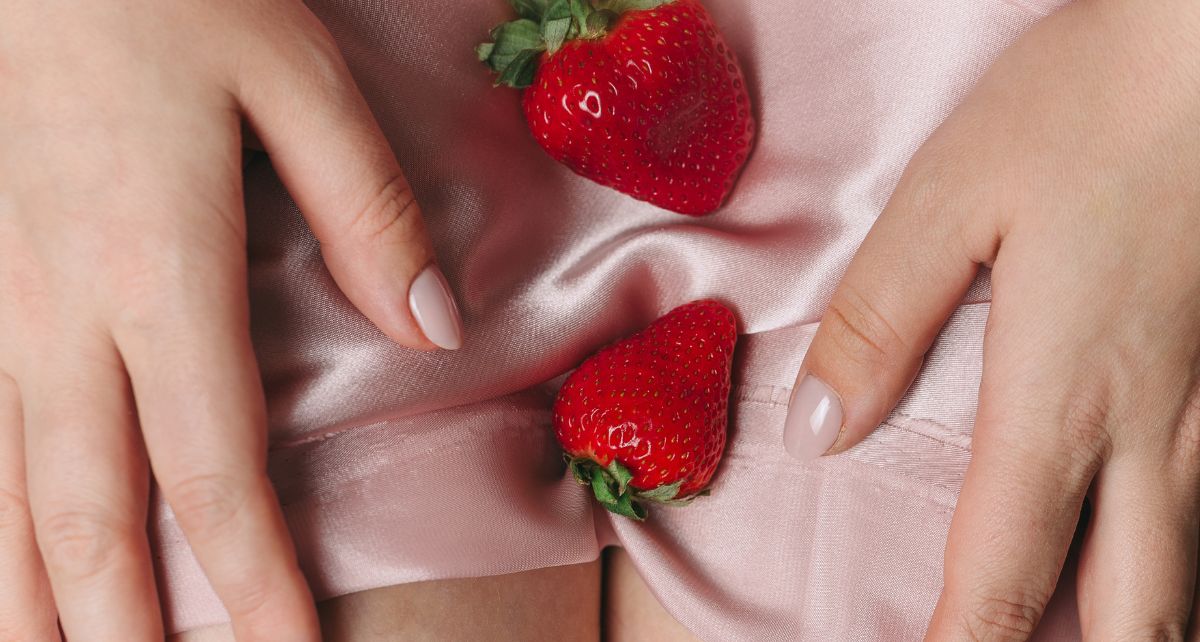"Healing is possible...my body is capable of remarkable things,...there's always hope, even in the most unexpected places." - Natalie Saiia
I never knew what "normal" felt like. From a young age, my body seemed to be at war with itself—IBS, pelvic floor dysfunction, and a host of intestinal issues made every day a challenge. The medical community labeled me as "atypical," a polite way of saying they didn't quite know what to make of my condition.
At 13, I got my first period. It felt like a rite of passage, a step towards normalcy. But after just two occurrences, it vanished without a trace, as if it had never happened. Little did I know, this was just the beginning of a long, uphill journey.
When I turned 14, my health took a nosedive. I found myself in and out of hospitals, sometimes staying for months at a time. The sterile walls and the constant beeping of machines became my new normal. My body, pushed to its limits, seemed to be shutting down non-essential functions. My period, it appeared, was deemed unnecessary in this fight for survival.
"I navigated a maze of medical treatments, therapies, and the emotional rollercoaster that came with being a teenager with chronic health issues."
For three long years, I navigated a maze of medical treatments, therapies, and the emotional rollercoaster that came with being a teenager with chronic health issues. My peers were experiencing the typical milestones of adolescence, while I was learning to advocate for myself in doctors' offices and manage complex medication schedules.
The mirror became both my nemesis and my confidante. I'd stand before it, scrutinizing my frail, underdeveloped body, silently begging for any sign of the growth and changes my friends were experiencing. The absence of my period, once a minor inconvenience, now felt like a glaring reminder of how my body had betrayed me. Shame crept in, an unwelcome shadow that coloured my days and nights blue, instead of bright, bloody, RED.
In my desperation to feel "normal," I found myself weaving a web of half-truths. I'd downplay my symptoms to my worried family, exaggerate my progress to well-meaning doctors, and fabricate stories of typical teenage experiences for my friends. The weight of these lies only added to my burden, but the desire to be seen as "grown" and healthy overpowered my usual honesty.
"With shaking hands and a racing heart, I confirmed what I hardly believed was possible—my period had returned."
Then came January 2024, just months after my 16th birthday. It started as an ordinary day when a distant feeling was beaming through my body; I dismissed it, too used to disappointment. With shaking hands and a racing heart, I confirmed what I hardly believed was possible—my period had returned. The familiar cramps and discomfort that most dread became a sign of hope for me.
I remember staring at the evidence, my vision blurring, as tears welled up in my eyes. These weren't tears of frustration or pain—emotions I had become all too familiar with. No, these were tears of hope, relief, and an unsure belief that maybe, just maybe, my body was finally healing.
Don't get me wrong—my periods are far from pleasant. The cramps can be debilitating, and the mood swings are a force to be reckoned with. But every twinge, every mood shift, every stain is a reminder that my body is functioning, that it's strong enough to maintain this natural cycle.
"While many of my friends complain about their periods, I find myself grateful for mine. It's a monthly reminder of how far I've come, a signal that my body is resilient and capable of healing."
This return to "normalcy"—or at least, my version—has given me a unique perspective. While many of my friends complain about their periods, I find myself grateful for mine. It's a monthly reminder of how far I've come, a signal that my body is resilient and capable of healing.
My journey is far from over. I still have a laundry list of health issues to manage, and there are days when it feels overwhelming. But now, with each cycle, I'm reminded of the strength within me. It's a strength that's weathered hospitalizations, countless treatments, and years of uncertainty.
As I move forward, I carry with me a deep appreciation for my body and all it's endured. My period, once absent, now serves as a monthly affirmation—a reminder that healing is possible, that my body is capable of remarkable things, and that there's always hope, even in the most unexpected places.

About the Author
Natalie Saiia is the founder of Cycle Sisters, a nonprofit dedicated to ensuring everyone has access to essential period products. Inspired by witnessing a young, unhoused woman struggling to access a tampon, Natalie knew change was needed. At just 16 years old, she launched Cycle Sisters to tackle period poverty head-on, fostering a community of support and dignity for all.
